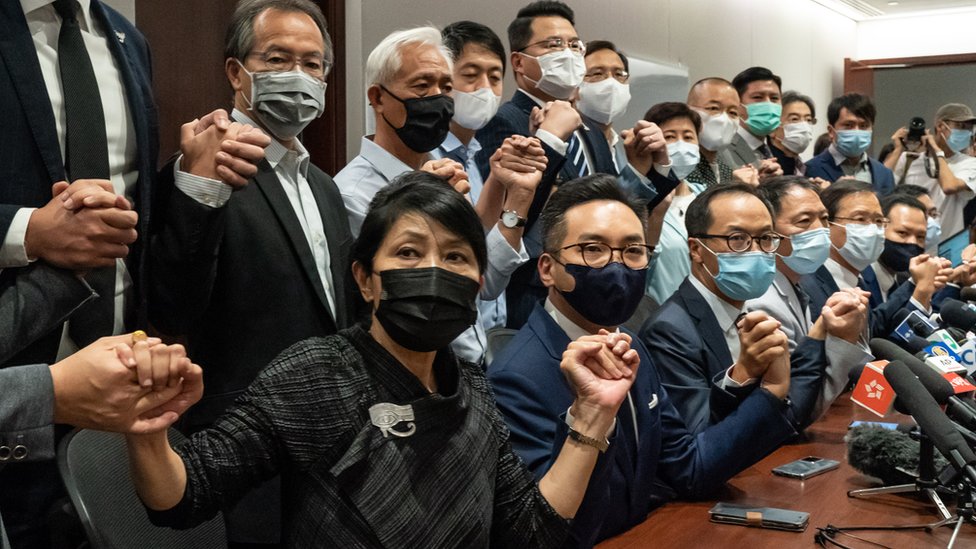Hong Kong, which was a pride of Asia with a free way of life, is now experiencing a harsh erosion of its freedoms. At the center of this trend was the policy of the National Security Law adopted in 2020-simply put, the criminalization of dissent under the rubric of national security. Pro-democracy activists, journalists, and ordinary citizens airing dissenting opinions have suffered arrests, exile, and intimidation. What was once a city in color with healthy protests and maximum freedom of the press is now a pale shadow of itself under tighter grips from Beijing.
The Legacy of Resistance
This port city is a rather fragile and prolonged struggle for democracy. The 2014 Umbrella Movement, as well as the mass protests in 2019 against the proposed extradition bill, were evident proof of the people’s unrelenting demand for autonomy and freedom. Students and ordinary citizens started off these movements that gripped the world. Yet, the response by the authorities left the pro-democracy leaders of this city in jail or exile, raising concern about how sustainable resistance might be in such an oppressive environment.
Role of the International Community
The silence or partly muted response of the international community has emboldened Beijing’s actions. While some countries have condemned the crackdown and imposed sanctions, the economic and political clout of China has deterred stronger measures. The reluctance of the global community to take decisive action undermines the universal commitment to human rights, leaving Hong Kong’s freedom fighters isolated.
The Cost of Silence
The suppression of dissent in Hong Kong sets a dangerous precedent for other regions where authoritarian regimes aim to stifle democratic voices. If the world allows Hong Kong’s democratic aspirations to wither, it risks emboldening similar crackdowns elsewhere. Beyond the city’s borders, the erosion of Hong Kong’s freedoms signals a challenge to the global order and the values of democracy and freedom.
The Hope for a Resilient Future
Despite the pains, the spirit of Hong Kongers never deters. The resistance of the city’s people does not have any bounds and can range from an underground movement to digital activism. However hectic the road seems to be, the resolute citizens of Hong Kong remind us that the fight for democracy is a long way off, with all its accompanying pains.
Really, the democratic struggle of Hong Kong is not a local affair but an intercontinental call for action. The fate of not one but many cities lies in how the world responds to what is happening in Hong Kong.















